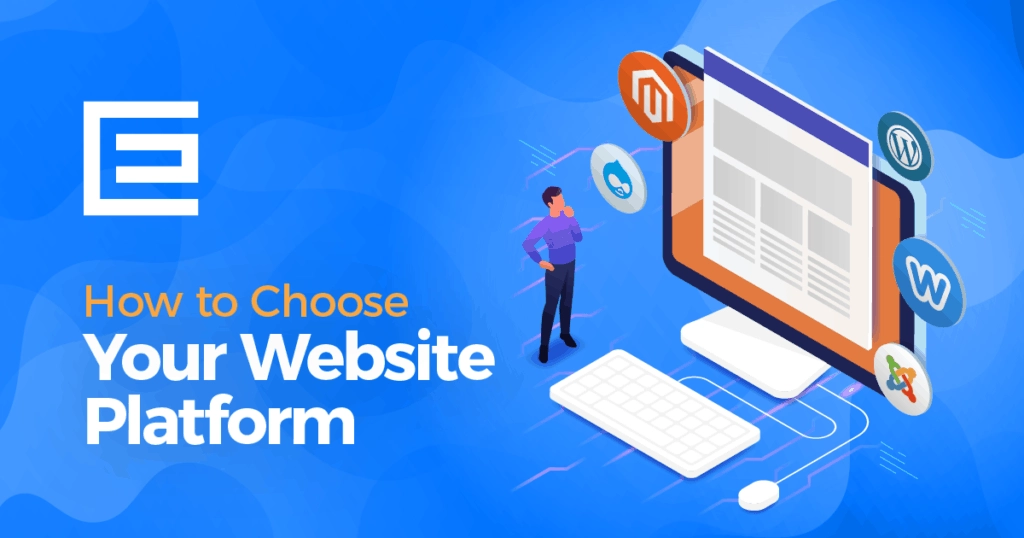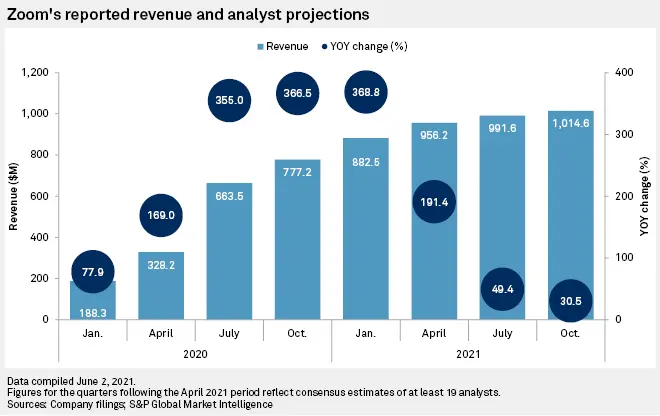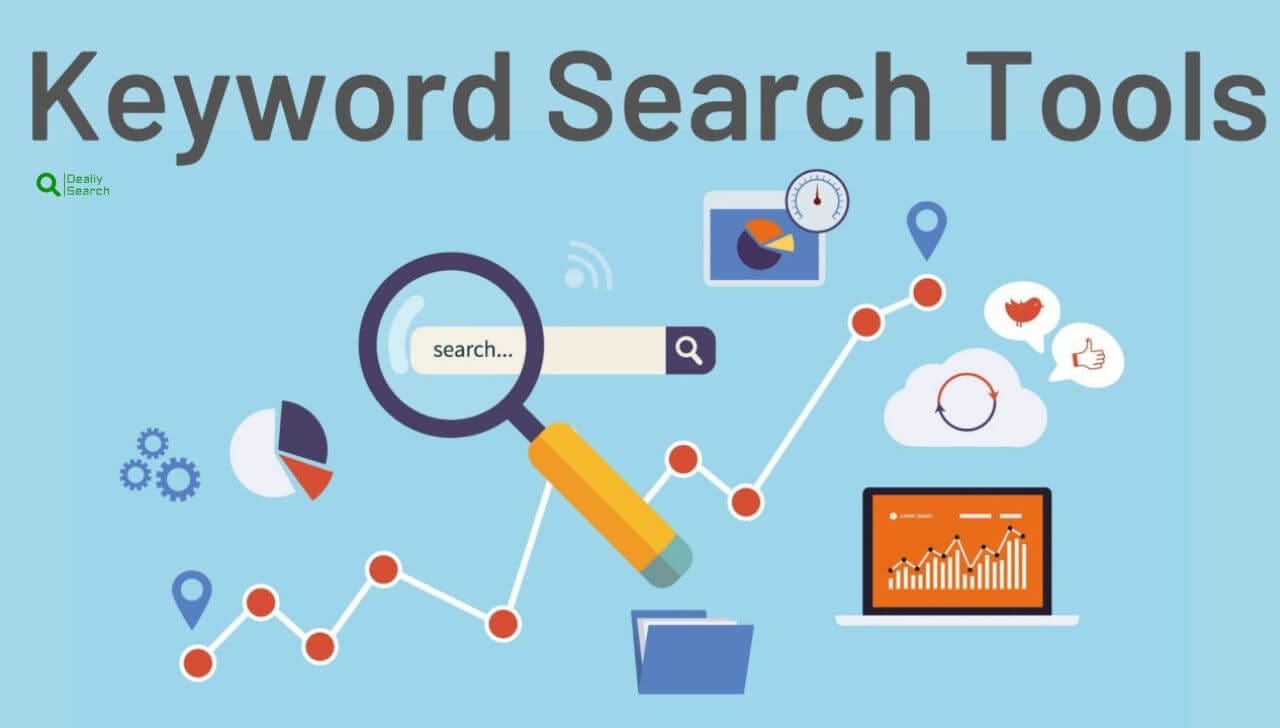Navigating The Maze Of Website Platforms: A Guide To Making The Right Choice

When it comes to establishing an online presence, choosing the right website platform is a crucial decision that can dictate the success of your digital endeavors. Whether you’re launching a new business, upgrading an existing site, or simply trying to make your mark online, the platform you select will impact everything from functionality to user experience. This guide aims to simplify the process of website platform selection, ensuring you make a choice that aligns perfectly with your business needs and goals.
Table of Contents
Understanding Your Website’s Purpose

Before exploring the vast array of website platforms, it’s essential to clearly define your website’s purpose. This fundamental step will guide your decision-making process throughout the platform selection journey.
What Are Your Website Goals?
- Sales and E-commerce: If your primary goal is to sell products or services, your platform should have robust e-commerce capabilities.
- Marketing and Outreach: For those looking to expand their audience, marketing tools and SEO features are essential.
- Customer Engagement: Platforms with strong interaction capabilities, like forums and chat support, are ideal for businesses focusing on customer engagement.
- Brand Representation: A platform that offers extensive customization will better serve those needing to align closely with their brand identity.
Evaluating Platform Features and Capabilities
Choosing the right platform for your website involves a nuanced understanding of the features each one offers. To ensure the success and long-term viability of your site, it’s essential to consider a set of critical characteristics that meet both current and future needs.
Key Features to Consider
- User-Friendliness: Does the platform require coding knowledge, or is it a drag-and-drop interface? This factor is crucial for users who need to be tech-savvy. Look for platforms that offer intuitive editing tools and user-friendly interfaces.
- Customizability: How much can you modify the site to meet your specific design and functionality needs? Some platforms offer extensive themes and plugins that allow deep customization, while others might be more rigid but simpler to use.
- Scalability: Can the platform grow with your business? Ensure that the platform can handle increased traffic and more complex operations as your business expands. This might include the ability to add more pages, functionalities, or even e-commerce capabilities.
- Support and Community: Is there active community support and professional help available when needed? A strong support network can be invaluable, especially when you encounter technical issues or want to enhance your website with new features.
- Integration Capabilities: How well does the platform integrate with other tools and services? This includes everything from social media platforms to marketing tools and analytics services. Seamless integration can greatly enhance your site’s functionality and streamline your workflows.
- Performance and Speed: How does the platform perform under heavy traffic, and what are its loading times? Website speed is critical for user experience and SEO. Platforms that inherently optimize for speed and offer robust infrastructure can significantly boost your site’s performance.
- Security Measures: What level of security does the platform provide? Look for features like SSL certificates, regular backups, secure payment gateways for e-commerce sites, and proactive security updates. Ensuring your website is safe is crucial for protecting your data and building trust with your visitors.
- Cost Efficiency: What are the platform’s initial and ongoing costs? Consider setup fees, monthly or annual hosting fees, and any additional costs for premium features or plugins. Balancing cost with the features provided can help you determine the best value for your investment.
- SEO Features: Does the platform offer built-in SEO tools to help your website rank higher in search engine results? Features like easy-to-edit meta tags, automatic sitemap generation, and mobile optimization are essential for enhancing your site’s visibility online.
- Accessibility: Is the platform compliant with web accessibility standards? Ensuring your website is accessible to people with disabilities not only broadens your audience but also complies with legal standards in many regions.
By carefully evaluating these features, you can choose a website platform that not only meets your current needs but is also capable of adapting to future challenges and opportunities. This strategic approach ensures that your online presence is robust, versatile, and aligned with your long-term business goals.
Popular Website Platforms Reviewed

Delve into some of the most popular website platforms, each with its own set of strengths tailored to different types of users and businesses.
WordPress
- User Base: Powers over 40% of all websites.
- Features: Highly customizable, with a vast array of plugins.
- Best For: Versatility across various website needs.
Drupal
- User Base: Known for high-profile clients like NASA.
- Features: Strong security features and multilingual support.
- Best For: Complex, large-scale enterprise sites.
Magento
- User Base: Favored by large-scale e-commerce sites.
- Features: Advanced e-commerce capabilities and third-party integrations.
- Best For: High-performance e-commerce businesses.
Joomla
- User Base: Suitable for e-commerce and social networking sites.
- Features: Offers flexibility with multiple templates.
- Best For Sites requiring extensive content management.
Weebly
- User Base: Beginners looking for simplicity.
- Features: User-friendly drag-and-drop builder.
- Best For: Small businesses and personal sites.
Frequently Asked Questions (FAQs)
What is the most user-friendly website platform?
Platforms like Weebly and WordPress are considered highly user-friendly for beginners due to their intuitive design tools and extensive support resources.
How much should I expect to spend on a website platform?
Costs can vary widely based on the platform’s features and your site’s complexity. Many platforms offer essential services for free, with premium features available at various price points.
Can I switch my website platform later?
While migrating to a different platform is possible, it can be a complex and resource-intensive process. To avoid potential complications, it’s best to choose the right platform from the start.
What are the critical differences between hosted and self-hosted platforms?
Hosted platforms (like Wix or Shopify) manage all the technical aspects of running a website for you. In contrast, self-hosted platforms (like WordPress.org) require you to handle hosting and technical maintenance but offer more customization and control.
How do I decide between an open-source and a proprietary platform?
Open-source platforms (like WordPress and Drupal) are generally more flexible and have a large community for support and plugins. Proprietary platforms (like Squarespace or Wix) offer ease of use and built-in support at the cost of less customization.
What should I look for in terms of security features?
Essential security features include SSL certificates, regular backups, and automatic updates. Ensure the platform you choose prioritizes these features to protect your site from cyber threats.
How do platform choices affect SEO?
Some platforms are better optimized for SEO out of the box with faster load times, easy-to-edit metadata, and better integration with Google services. Platforms that allow greater control over the code offer more advanced SEO customization.
What is the best platform for mobile responsiveness?
Most modern website platforms automatically ensure that your site is mobile-friendly. However, some platforms offer more advanced tools for optimizing mobile views and faster loading times, which are crucial for maintaining a solid mobile presence.
Can I integrate third-party services with my website platform?
Yes, most platforms allow integration with third-party services like email marketing tools, CRM software, and more. Check if the platform supports the specific tools you plan to use and what plugins or add-ons are available.
How often do website platforms get updated?
This varies by platform. Open-source platforms may see frequent updates due to community contributions. Proprietary platforms have scheduled updates that the provider manages. Regular updates are crucial for security, features, and compatibility.
What happens if I outgrow my current website platform?
If you outgrow your platform, consider platforms that offer more scalability in terms of server resources, functionalities, and integration capabilities. Planning for growth can save you from needing to perform a complete platform migration later.
These additional FAQs should provide a more comprehensive understanding of key considerations when selecting a website platform, address common concerns, and help users make better-informed decisions.
Conclusion
Selecting the right website platform is a foundational decision that sets the stage for your site’s success. By carefully considering your site’s purpose, evaluating available features, and understanding the strengths of popular platforms, you can make an informed choice that meets your specific needs. With the right platform, your website can flourish, providing a robust base for your online presence and business growth.






